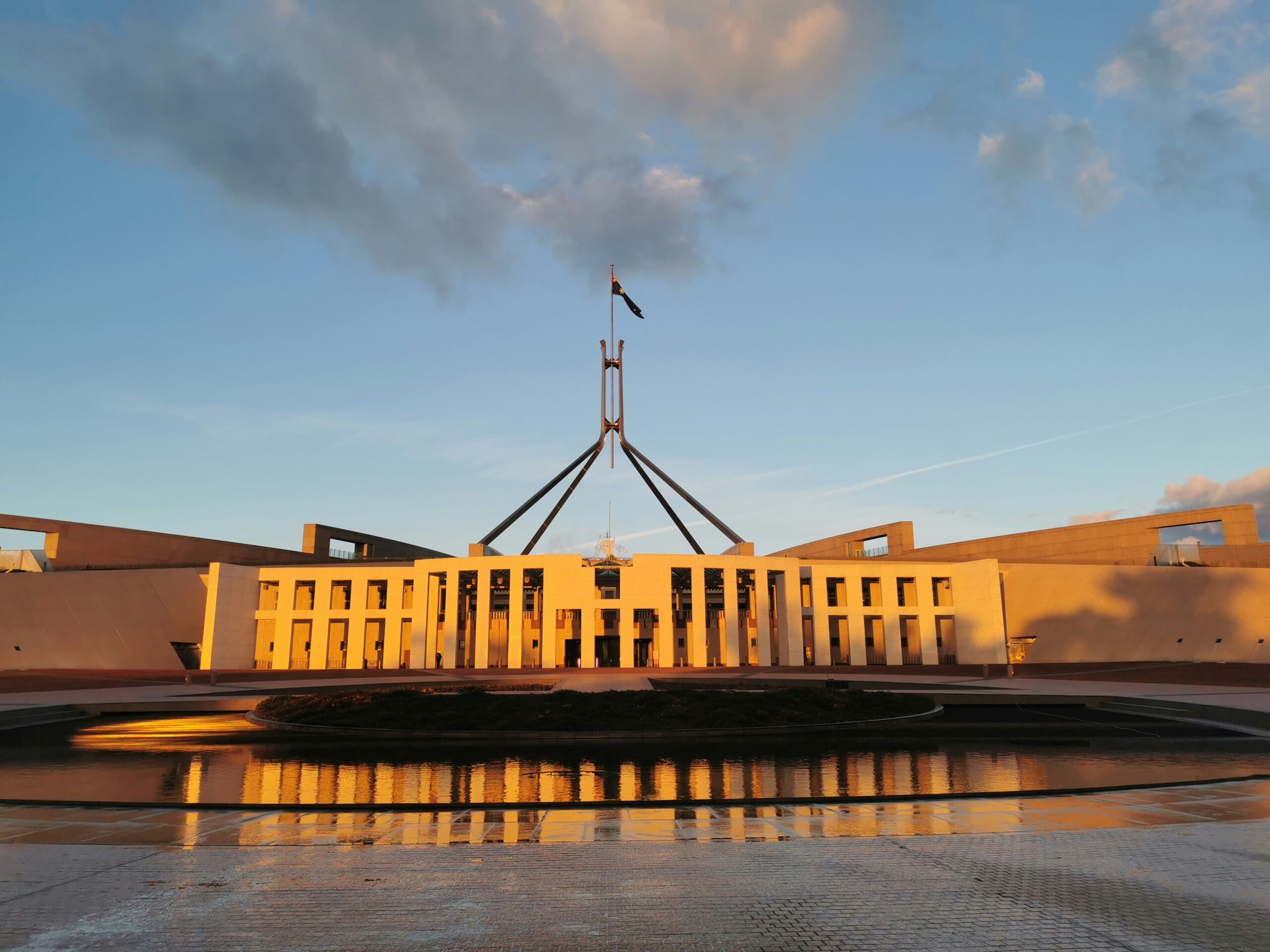The right is losing its mind over preferential voting

Fun fact: Preferential voting was introduced to federal parliament in 1918 — not to make elections fairer, but to stop Labor from winning power.
Back then, Australia used first-past-the-post (FPTP): whoever got the most votes won, even without a majority. But when Labor looked like nabbing the seat of Flinders in a by-election, the conservatives had to reach for the smelling salts.
The reason for Labor’s likely victory was that the non-Labor vote was split between the newly formed Country Party and the Nationalist Party (the main conservative party at the time). With the vote split, Labor was set to do a Bradbury and skate through to take a seat where the majority of voters would have preferred a non-Labor MP. Thus pointing out the absurdity of FPTP systems.
In the end, the Nationalist Party’s Stanley Bruce persuaded the Country Party candidate to drop out, avoiding a split in the vote and Bruce went on to win the seat and eventually become prime minister.
He also went on to lose government and his own seat in the 1929 federal election, making him the first sitting Australian prime minister to be defeated in their own electorate. And because history loves to rhyme, a key part in Bruce’s downfall was his introduction of controversial industrial relations reforms. The next sitting prime minister to lose his seat in an election was John Howard, who had just tried it on with his WorkChoice industrial relations overreach.
And yes, that’s your second fun fact for the day. You’re welcome. Now, back to preferential voting.
After the scare of possibly losing a seat to the rabid Marxists, the conservatives decided that a new system was needed to let them run multiple candidates without fear of splitting their vote — and accidentally handing power to the Bolsheviks.
And so we were gifted preferential voting, a system we have used happily for more than a century. Along with compulsory voting, democracy sausages and Antony Green calling the election, it is one of the bedrocks of our political system.
Except the conservatives are once again reaching for the smelling salts.
After Labor applied vast quantities of shellac to the Liberal Party, there are noises being made in conservative media about the oddity of a party with a primary vote of around 34 per cent getting in excess of 90 seats in the House and an almost guaranteed third term. How could such low primary support lead to such a thumping victory? The answer is obvious, old boy — preferential voting.
Over at The Australian Financial Review, which is doing its best to take over from The Australian as ‘Liberal Party Mouthpiece’, Andrew Tillett runs the numbers:
“A ‘first past the post’ voting system would have delivered the Coalition an extra 13 seats, including saving former Liberal leader Peter Dutton from defeat and ousting high-profile teal independent Allegra Spender from parliament.”
In other words, the Liberals would have still lost the election, but they wouldn’t have been rogered into the next decade, and Dutton would have kept his seat. And an added bonus would have been one less pesky Teal. To his credit, Tillett acknowledges his numbers are probably complete and utter bollocks — because, yes, people vote differently under FPTP than preferential voting.
But wait, there’s more …
“The mammoth scale of Albanese’s election victory on May 3 is also fuelling conspiracy-style complaints on social media and among right-wing commentators, railing against Australia’s century-old system of compulsory preferential voting.”
In other words “lots of folks are saying”.
The real question here is why a paper and a journalist that probably expect to be taken seriously are giving this nonsense any sort of airtime. Doing so just legitimises the cranks whose natural habitat is Sky After Dark and who can be largely ignored since their influence on Australian politics has been shown to range from negligible to non-existent.
But when an allegedly august journal such as the Financial Review starts laundering their nonsense, it stops being comedy and starts becoming dangerous.
Photo by Serina Bird on Unsplash.
